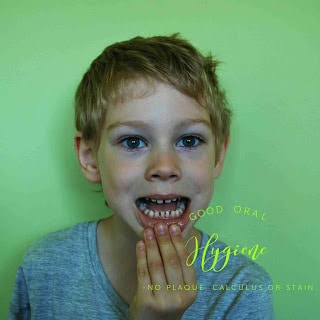If you’re like most dentists, last year was a hard one for your books. Dental practices all over the world shut down during the first wave of the coronavirus pandemic to stop the spread of COVID-19.
As a result, you likely carried out fewer elective procedures than you did in previous years, meaning you generated less revenue than usual. On top of it all, you’re helping people facing their own financial difficulties, so you may not be paid as promptly as you’re used to.
For long overdue accounts, you may consider partnering with a debt collection agency. Pursuing debt collection for your dental practice is one way to recover the money you’re owed. But is there anything you can do before it gets that bad?
The answer: yes! You may be able to improve your cash flow by tweaking your accounts receivable methods. So, before you contact a debt collection agency for help, try these preventative methods to get customers to pay.
Download a professional Rental Cash Invoice Receipt Template to simplify payment tracking.
Be Honest about Treatments
While some emergency care is unavoidable, many of the procedures you carry out in your day-to-day practice are voluntary. Preventative care or cosmetic treatments can be a challenging topic of conversation.
Here, you have to advocate why your patient should invest in their dental health. From a purely financial standpoint, these procedures buoy your bottom line. But on the other hand, you need to be clear about the expenses that follow these procedures.
Take the time to discuss your process and field any questions they have. When having this conversation, keep everything simple, so it’s easy to understand for people without a Doctor of Medicine in Dentistry. This way, your patients don’t accidentally agree to anything they can’t afford.
Incentivize Early Payments
While some fully insured patients will pay their bill upfront, most will pay you in installments. It can be hard to balance the books when you’re juggling these partial payments, so you’ll want to think of ways you can convince your patients to pay early or in full.
Consider offering a small discount for paying ahead of time. While you don’t want to undercut your profit, a slight discount will increase the chances your patients pay all at once and spare you the headache of installments.
That said, receiving installments is better than not getting paid at all. When discussing the payment plans available to your patients, make sure to go over financing options, including plans for those who don’t qualify for traditional financing.
Streamline Your Billing Process
Any errors in your billing can complicate your practice’s ability to collect revenue. Make sure your team is careful when writing and issuing invoices so that the right amount gets sent to the right patient. Due dates and other important details should be clear, correct, and easy to find.
You may also want to consider your due date carefully. While most invoices have a net 30 (meaning, the full payment is due within 30 days after the invoice), you may shorten this time to 10 or 15 days. This contracted billing cycle keeps you top of mind and may help you get paid before your patients’ other obligations.
With a few simple changes, you should see a difference in your cash flow right away. But don’t worry if these tactics don’t help. When you’re struggling to collect what you’re owed, a national debt collection agency specializing in dental accounts can help.


